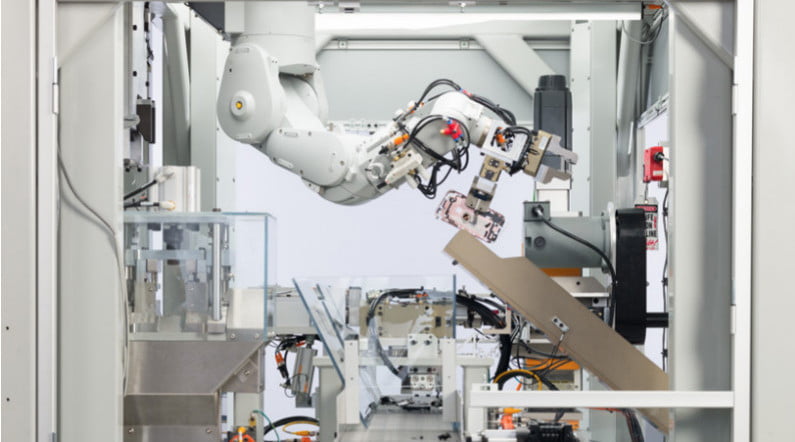A Circular Economy
Tokyo Olympic Games Source: tokyo2020.org
Next year Tokyo will host the 2020 Olympic games with the games to be different to any seen before, already being described as the “robot games”. Japan’s unique culture will be brought to the forefront especially in regards to technology and waste. A recent example of this was seen during the football world cup last year where Japanese fans gained international acclaim for completely cleaning the stadium of litter after the game.
Fittingly it would seem, for the ‘robot games’, the medals for the Japanese Olympics are going to be made completely out of precious metals repurposed from e-waste. There has been a nation-wide collection of consumer devices which has captured over 47,000 tons of e-waste including 5 million used mobile phones. It has been suggested that this will end up producing about 30 kg of gold, 2,700 kg of silver and 4,100 kg of bronze.
Scrap Metal Recycling Source: collinsrecycling.com.au
Unfortunately, this case of recycling seen in Tokyo is an exception to the rule. 50 million tons of e-waste is produced annually worldwide and only an estimated 20% of that is formally recycled.
The use of recycled materials in tech is rising along with a growth in environmentally sustainable practices. Tech giants Apple and Google are leading the way in increasing their sustainability efforts most notably using 100% renewable energy to power their facilities. Both tech giants have also made commitments to the circular economy and 100% use of recycled materials.
Daisy Apple’s Phone Recycling Robot Source: thetechnews.com



